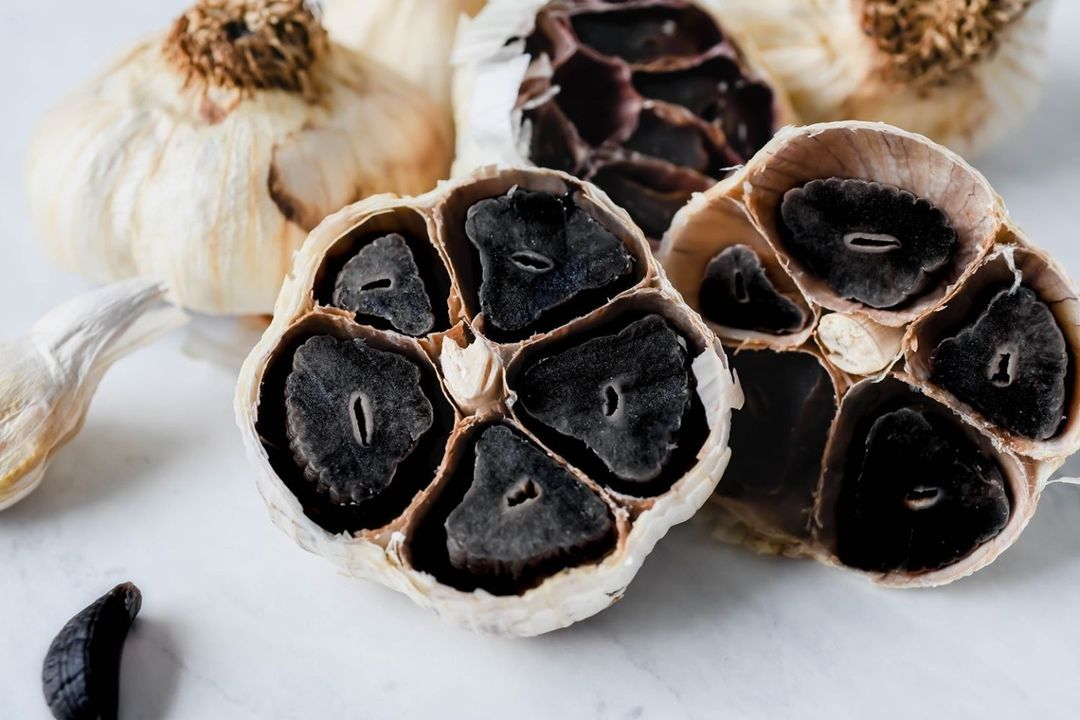
What Is Healthier – Lard or Oil?
Is pork lard healthier than oil? This is a question often asked in our region. Was lard unfairly banned from our pantries and diets for so long, or was that actually justified?
Dietitians and nutritionists have different advice when it comes to healthy eating, but they all agree on one thing – generalizations are never good. A perfect example of this is pork lard – which was banished from our diet, yet nowadays we often read and hear that it’s actually healthier than vegetable oils, reports the portal Kuvar.
So what’s the truth?
Most recipes require some type of fat – from roasting to salads. Fats are essential for heart health, body function, and brain health, but when choosing them, we want to make sure we’re picking the better option.
For years, we heard from doctors and nutritionists that animal fat leads to fat gain, high cholesterol, and pimples. Then scientific studies showed that pork lard had undeservedly gained its bad reputation.
Contrary to popular belief, pork lard can actually be a healthy addition to your diet when consumed in moderation.
Using lard for frying instead of, say, sunflower oil could reduce the risk of heart disease and cancer, according to British scientists. Research conducted as part of the BBC program “Trust Me, I’m a Doctor” in 2015 proved that pork lard is healthier, and between oil and lard, you should choose lard.
In that program, a group of researchers was asked to answer the question: “Which fats and oils are best for cooking?”
They gave a group of volunteers various fats and oils – sunflower oil, corn oil, cold-pressed rapeseed oil, olive oil (refined and extra virgin), butter, and lard – and asked them to use them for cooking. The volunteers were then asked to collect leftover oil after cooking, which was analyzed at the Leicester School of Pharmacy at De Montfort University.
Researcher Michael Mosley explained that when oils and fats are heated during frying or cooking, their molecular structure changes.
“Oxidation occurs – they react with oxygen in the air to create aldehydes and lipid peroxides. Something similar happens at room temperature too, though more slowly. When lipids go rancid, they oxidize,” he said.
“Sunflower and corn oil are fine as long as you don’t expose them to heat, like frying or cooking,” said Professor Martin Grootveld. “If I had to choose between pork lard and polyunsaturated fats, I’d choose pork lard every time,” he added.
Although lard has cholesterol, it’s the good kind
Pork lard is rich in cholesterol, but consuming it helps regulate cholesterol production in the body.
In fact, too low cholesterol in the blood is linked to higher mortality, depression, suicidal and aggressive behavior, and Alzheimer’s disease. The cholesterol in lard protects health rather than threatening it.
There are 95 mg of cholesterol per 100 g of lard.
Although our body needs cholesterol, excessive intake can cause high LDL (low-density lipoprotein) levels in the blood, also known as “bad cholesterol.” High LDL can lead to lipid buildup in blood vessels, increasing the risk of heart disease and stroke, writes healthnews.com.
Here are just some of the benefits of pork lard:
After fish oil, lard is the second richest source of vitamin D.
For stewing and deep frying, lard is ideal because it is neutral in taste.
Some studies claimed animal fats increase the risk of heart disease, but it has been proven that during the period when lard was widely used, the rate of such diseases was very low.
Scientists also pointed out that the rise in “diseases of modern civilization,” like diabetes and heart disease, occurred when animal fats were replaced with vegetable oils and margarine.
Numerous studies have shown that pork lard has 33% less saturated (“bad”) fat than butter, twice as much “good” monounsaturated fat, and three times higher omega-3 fatty acids content. Lard is also a great source of B vitamins and minerals.
High smoke point
Pork lard has a high smoke point, meaning it can withstand high temperatures without breaking down and creating harmful compounds. This makes it an excellent choice for frying and sautéing.
Rich in healthy fats
Lard is primarily made up of monounsaturated fats, which are considered heart-healthy. These fats can help lower bad cholesterol levels and reduce heart disease risk when consumed as part of a balanced diet.
Natural flavor enhancer
When used in cooking, lard gives dishes a rich and savory flavor. It enhances the taste of meat, vegetables, and even baked goods, giving them a delicious quality.
Unlike other oils, lard has a unique flavor that can elevate your dishes. Its high smoke point ensures even cooking and helps retain natural moisture, resulting in tender and juicy meals. Whether frying, baking, or roasting, lard is a reliable and tasty choice.





